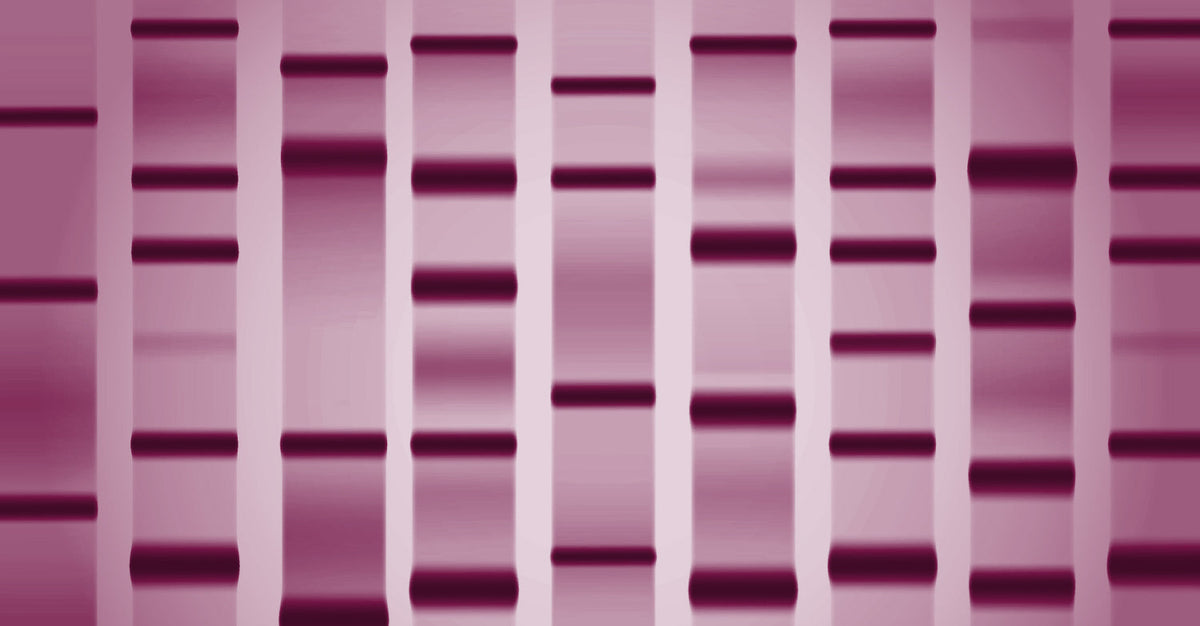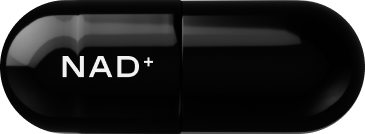

When the human genome was first mapped in 2003, it was hailed as a medical moon landing. For the first time, scientists had decoded the entire genome—all 3 billion nucleotides that make up our genetic code. That reference sequence laid the groundwork for today’s genomics research, fueling discoveries about gene expression, rare diseases, and even how lifestyle interacts with our DNA.
Fast forward 20 years, and whole genome sequencing (WGS) is no longer reserved for massive sequencing projects or academic labs. Thanks to next generation sequencing (NGS) technology, it’s faster, cheaper, and more accessible than ever. But the big question remains:
👉 Should everyone get their genome sequenced?
Let’s break it down.
What Does Genome Sequencing Actually Mean?

At its core, genome sequencing is a laboratory procedure that determines the exact order of DNA base (A, T, C, and G) pairs in your double stranded DNA. Think of it like spelling out every letter in a 3-billion-character instruction manual.
There are several types:
Whole genome sequencing: Reads nearly every part of your DNA, covering coding and non-coding regions.
Exome sequencing: Focuses only on the protein-coding regions (~1–2% of your genome) where many mutations tied to specific diseases occur.
Targeted sequencing: Looks at particular genes or regions, often used in tumor DNA analysis for cancer treatment.
Different sequencing technologies—from shotgun sequencing to long read length NGS methods—offer varying levels of detail.
The Benefits of Knowing Your Whole Genome Sequence

1. Early Detection of Disease Risk
Sequencing can identify mutations linked to rare diseases or inherited conditions before symptoms appear. For example, genomic medicine has already helped individuals with family histories of cancer or heart disease take proactive measures.
2. Personalized Treatment
Doctors can use your sequence data to predict how you’ll respond to certain medications, tailoring therapy to your unique genetic material.
3. Scientific Discovery
Sequencing isn’t just about individuals—it drives genomics research in everything from model organisms like the fruit fly to tracking virus and bacteria outbreaks.
4. Deeper Understanding of Human Biology
Sequencing helps researchers uncover new genes, study chromosomes, and analyze cells to better understand health and disease.
The Limitations and Risks of Genomic Sequencing

While sequencing your entire genome sounds appealing, it’s not always straightforward.
Unclear Results: Not every identified mutation has a known impact on health. Some results may be ambiguous.
Psychological Impact: Learning about predispositions to certain diseases can create stress.
Data Privacy: Your genetic material is the most personal data you own. Safeguarding it is critical.
Sequencing Costs: While cheaper than ever (thousands, not millions), costs are still non-trivial.
Is Genome Sequencing Right for Everyone?

For individuals with strong family histories of specific diseases, genome sequencing may be a powerful tool. It’s also transformative in clinical care for rare disease patients. But for the general population, sequencing your DNA sequence doesn’t automatically translate to actionable insights.
Why? Because your genome is only part of the story. Your health is also shaped by epigenetics, lifestyle, and environment. For example, while genomics tells you the “starting material,” epigenetics shows how your habits—nutrition, sleep, exercise—actually influence gene expression over time.
This is where tests like the Tally Health TallyAge Test come in. Instead of just reading your genetic blueprint, the TallyAge Test studies hundreds of thousands of DNA methylation patterns across your genome to reveal your epigenetic age—an indicator of how your body is aging on a cellular level.
The Bottom Line

So, should everyone get their genome sequenced?
Yes, if you’re at risk for genetic conditions, exploring targeted treatment, or participating in genomics research.
Not necessarily, if you’re simply curious. For most, actionable insights come from combining genetic code with lifestyle and environmental data.
That’s why approaches that go beyond the human genome are essential. Sequencing can identify potential risks, but tools like the Tally Health TallyAge Test can help you actively measure and improve how your choices impact your aging trajectory.
Takeaway
Your genome sequence is like the blueprint. Your epigenome is how that blueprint is being read and lived. Together, they provide the clearest picture of health. While universal sequencing may not yet be practical, science-backed tools like the TallyAge Test empower you to act on what matters most—living healthier, longer.
References
Hood and Price. The Age of Scientific Wellness: Why the Future of Medicine Is Personalized, Predictive, Data-Rich, and in Your Hands. Belknap Press: An Imprint of Harvard University Press 2023.
Szalai. Arguments for and against the whole-genome sequencing of newborns. Am J Transl Res 2023; https://pmc.ncbi.nlm.nih.gov/articles/PMC10641337/
Khromykh and Solomon. The Benefits of Whole-Genome Sequencing Now and in the Future. Mol Syndromol 2015; https://doi.org/10.1159/000438732
Phillips et al. Genomic sequencing: assessing the health care system, policy, and big-data implications. Health Aff (Millwood) 2014; https://doi.org/10.1377/hlthaff.2014.0020
Hood and Rowen. The Human Genome Project: big science transforms biology and medicine. Genome Med 2013; https://doi.org/10.1186/gm483
McGuire et al. Research ethics and the challenge of whole-genome sequencing. Nat Rev Genet 2008; https://doi.org/10.1038/nrg2302
What does genome sequencing actually mean?
Genome sequencing is a laboratory procedure that determines the exact order of DNA base (A, T, C, and G) pairs in your double-stranded DNA—like spelling out every letter in a 3-billion-character instruction manual.
What are the benefits of whole genome sequencing?
Sequencing can identify disease risk early, enable personalized treatment, drive scientific discovery, and provide a deeper understanding of human biology.
Is genome sequencing right for everyone?
It can be very useful for people with strong family histories of disease or those needing targeted treatment, but for the general population it doesn’t always provide actionable insights—since health is also shaped by lifestyle, environment, and epigenetics.











